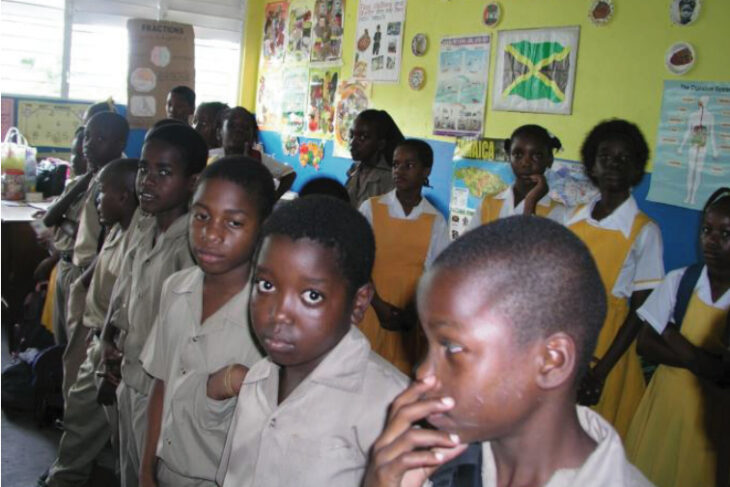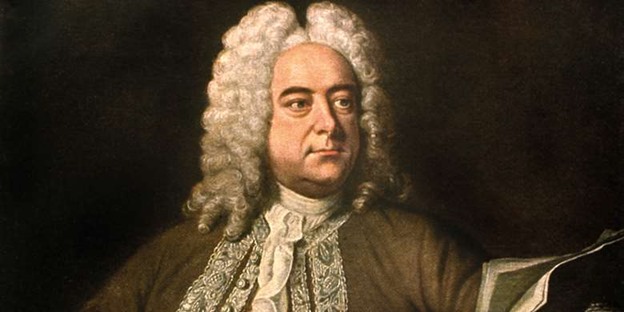James Moss-Solomon
The concept of diplomacy as a means of ending conflicts based on the highly emotive issues such a true tribalism (warring tribes); political; racial; religious; and other socially sensitive and biased reasons, is highly over-rated. It assumes that many situations that call for equity in the final outcome will never be accepted by any of the parties, and so conflicts may subside (or seem to), only to erupt at a later date.
The formation of the League of Nations (United Nations) was based on the principles of promoting peace, and indirectly, prosperity. So they have evolved to peace-keeping by sending in non-aligned soldiers who are intended to restore calm (and presumably love or acceptance) in a somewhat naïve “Kumbaya my Lord” revelation.
This approach has not resolved India/Pakistan; Basque separatism; Israeli/Palestinian; Soviet Union break-up; America/Cuba; America/Venezuela; Venezuela/Guyana; Brexit; White/Black; Moslem/Christian; Moslem/Hindu; China/Tibet; North and South Korea; and the list goes on ad nauseum.
After 4,000 years of history, Might is still Right. There is little that the unarmed U.N. can do to mitigate these situations in a surgical manner, so it is continuous applications of Band-Aids forever and ever. Amen.
This process is such that poor indebted nations, and Small Island Developing States are often unable to chart their own course, or even determine the use of their finite natural resources. It is a situation of inequity the solution of which defies the principles that the U.N. should uphold. It is a paradox that will truly define the Earth, and the human beings as the credible decision makers of the animal kingdom.
In Jamaica we have participated for decades in the twice per annum farce (CARICOM) that embraces our heroic brothers and sisters of the Haitian revolution, while at the same time denying them entry to the region and requiring visas. We have been silent on the commitments to rebuilding Haiti following their devastating earthquake, and subsequent hurricane. We have been unable to keep up our “diplomatic” efforts for long enough to secure any element of justice for our friends.
I have formed the impression (possibly wrongly) that the U.N. is a comfortable “holiday posting” for those who enjoy good food and wines, and endless cocktail parties celebrating national days, while forgetting their main purpose. The cultured groups all know the fine grape varieties of French, Italian, German, Chilean, South African, and Australian wines and their vintage. Yet they continue to be impotent in their core functions of peace and prosperity.
In Jamaica we also have internal needs for effective diplomacy between tribal political parties; religious denominations; and more recently with the Maroons.
This week’s buzz has been with the suggestion of the Maroon currency the “Lumi”, which has started a round of discussions that will continue for some time. Its longevity will be extended by two significant precedencies.
Firstly, there is a brewing dispute as to the status of Maroon-owned lands (as per the Treaty of 1739, and subsequent unilateral rescinding around 1832) that could pose a problem of what is the real jurisdiction of the Government of Jamaica. On one side there could be a crisis of citizenship and moving the borders of existing constituencies; limiting the ability of Maroon citizens to participate in Government of Jamaica general and local elections.
Secondly, there will be disputes around the use of the as yet un-backed Lumi, the rate of exchange to other currencies, its acceptance as a medium of exchange, and the position of the Bank of Jamaica. Also, as Maroon settlements spread across many parishes (but not in a continuous pattern) there would have to be diplomatic negotiations of freedom of movement.
Previous rural arrangements regarding alternative monetary systems (by common agreement) certainly existed in my own memory. The concept of Agricultural Commodity Boards enhanced the requirement of “backing”.
The banking base was fulfilled by “Missa Chin Shop” where a grocery book was kept for community members (read that as savings account/current account/credit card), its entirety unregulated by nothing beyond accepted values of commodities.
“Mass Tom” farmed bananas; coffee; pimento; and other export-type crops which were collected by industry boards at published prices. This also extended to stones for road building collected by Public Works Department, and for all categories a voucher was the payment method. These vouchers were accepted by Missa Chin and deposited to your account (grocery book) facilitating purchases of food and haberdashery items (excluding liquor which was cash only, largely derived from cash crops sold locally).
Missa Chin would carry these vouchers to the major source of his supplies where the merchants would accept them as payment, and which in turn would be honoured as cash by the leading banks of the day. So rural economies survived by their own system of diversified barter trade, much as the informal “Partner” schemes and credit unions are still more trusted than the banks.
So let us not ridicule Mr. McPherson’s dream of secession from the Government of Jamaica, as he is only following in the footsteps of numerous other countries that feel they have been disenfranchised, especially in banking arrangements controlled by developed countries.
Even as Mr. McPherson speaks, the rest of the world is experimenting with alternative international payment methods such as crypto currencies, so as to avoid being controlled by the requirements of foreign regulations intended to restrict our growth potential.
Now is not the time for disregarding or disrespecting seemingly new ideas that were prevalent in the past. It requires thought, analysis, and recall of situations of a similar nature that were previously successfully overcome.
As for me, I am currently considering invading Lime Cay with an army of scantily attired volunteers, overcoming the inhabitants (if any), and planting my flag. After that we will have tourism charges, boat and canoe fees, passport or visa regimes, and a royal patent from some little known regent (like Henry Morgan and the Queen did). All container ships desirous of entry to Kingston via my 200-mile territorial waters will pay a transit fee.
Hug up that.



